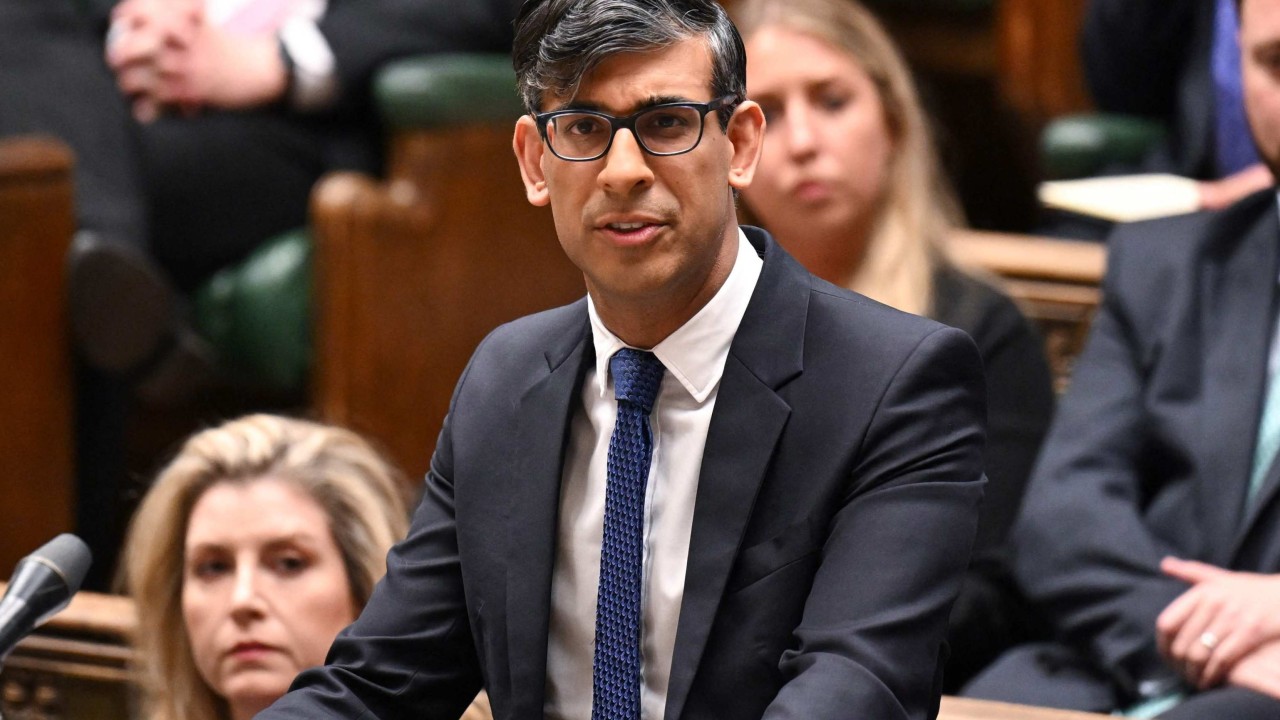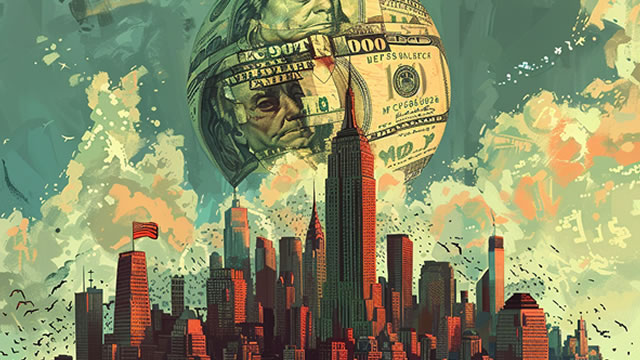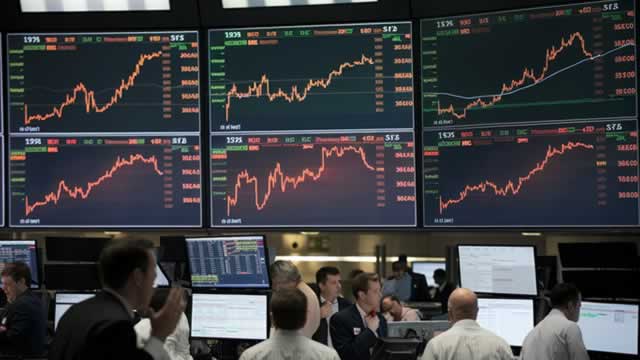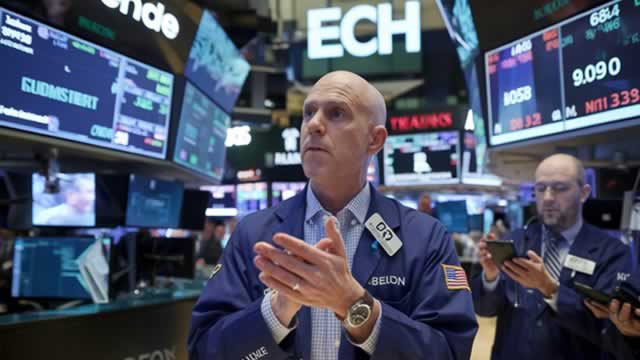Navigating Political Uncertainty
The Potential Hold on an Ambitious India-UK Trade Deal and Sunak’s Local Losses
An ambitious trade deal between India and Britain is likely to be delayed until a general election is held to form a new UK government, observers say, amid political uncertainty after British Prime Minister Rishi Sunak suffered a string of defeats in local polls. Sunak’s Conservative Party lost control of 10 councils and more than 470 council seats. The party also ceded 10 Police and Crime Commissioners to Labour, which could undermine its election campaign. “Successive British prime ministers have been claiming the UK’s largest trade deal post-Brexit was imminent with India. This hasn’t happened because the ministerial personnel on the UK side kept on changing, including several prime ministers,” said Pratik Dattani, founder of London-based think tank Bridge India. “It is more likely that this [trade deal] will be concluded after the general election,” he said of the agreement hailed as a shot in the arm for trade between both sides. The proposed deal would be one of the key discussion points at an India Week event to be held in London in early July. Britain’s next general election must be held no later than January 2025, which will determine the composition of the House of Commons and the next UK government. In January, Sunak said he expected to go to the polls “in the second half” of this year. The trade deal could offer Britain greater access to India’s vast market – partially compensating new restrictions on trade with the European Union post-Brexit – while India could benefit from a reduction of duties and non-trade barriers, boosting exports.
Bilateral trade between India and Britain in 2022-23 was US$20.36 billion, up from US$17.5 billion in 2021-22, according to data from the Indian government. Brexit, Britain’s withdrawal from the EU in January 2020, weakened the UK’s economic growth and distracted politicians from basic policymaking for several years, Dattani said. The local election losses have strengthened expectations that the Conservative Party could make way for Labour, which is likely to spell a period of uncertainty for Britain’s trade deals. “The Labour Party has not said how it will engage with India,” Dattani said. Other observers say the UK faces some hard choices post-Brexit. Upbeat sentiment in the immediate aftermath of Britain’s withdrawal from the EU about London being able to set its own tariffs and strike global trade deals appears to have waned, said Priyajit Debsarkar, a London-based British-Indian author. “It is now safe to conclude that the vision of a global Britain has fallen flat and exit from the union has failed to transform the country into an economic superpower,” he said.
Effects on Individuals
As an individual, the political uncertainty surrounding the India-UK trade deal can impact you in terms of job opportunities, economic stability, and potential pricing changes on goods and services. The delay in this trade agreement could have a ripple effect on various sectors, influencing the overall economy, job market, and consumer prices.
Effects on the World
On a global scale, the delay in the India-UK trade deal could potentially disrupt international trade relations, affect diplomatic ties, and influence other nations’ perceptions of post-Brexit Britain. The uncertainty surrounding this agreement may have repercussions on trade deals worldwide, setting a precedent for how countries engage in commerce across borders.
Conclusion
In conclusion, the political uncertainty surrounding the India-UK trade deal, coupled with Sunak’s local losses, paints a complex picture of the challenges facing the UK government. While the potential hold on this ambitious trade agreement may have immediate consequences for individuals and the world at large, it also underscores the intricacies and implications of post-Brexit trade policies and agreements. Navigating these uncertainties requires a delicate balance of diplomatic negotiations, strategic decision-making, and adaptability to changing political landscapes.





